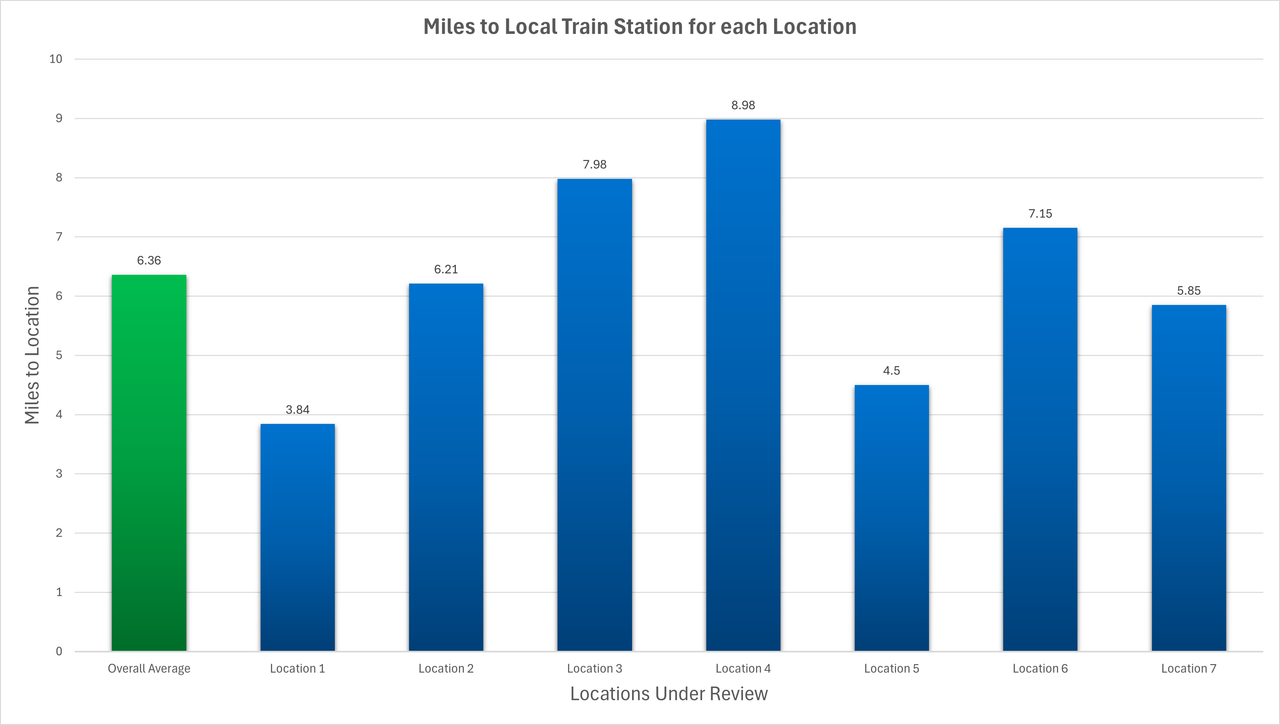
Transforming Organisations with Trauma-Informed Solutions
At TICCS, we bring deep expertise in trauma-informed practice and a proven track record of working with local councils across Scotland to drive meaningful, sustainable change.

Partnering with Lanarkshire Councils
Our advisors have worked in close partnership with multi-agency teams — including social work, health, police, and education — to support the implementation of the Bairns’ Hoose model in Scotland. We provide specialist knowledge of the Bairns’ Hoose Standards, trauma-informed operational planning, and robust data analysis.
Through clear, targeted reporting and collaborative working, we’ve supported the creation of safe, nurturing environments, strengthened service delivery, and helped ensure that children and families affected by trauma receive the empathy, care, and support they deserve.



Services We Provided

📍 Location Assessments That Prioritise Safety and Healing
Working with Lanarkshire Council, we embedded the Bairns’ Hoose Standards into our site-analysis framework, delivering trauma-informed assessments built on logistics and lived-experience insights.
Our team evaluated six potential Bairns’ Hoose interview locations, analysing average travel times and distances drawn from past client journeys. We produced side-by-side comparisons of each site’s drive, bus and train options, mapped public-transport connectivity, and overlaid catchment areas against major urban centres and participant residences.
Using Microsoft Excel for precise data modelling and Power BI for interactive dashboards, we created clear visualisations—comparative tables and drive-time maps segmented into 15-minute increments. This enabled senior public-sector leaders to explore options confidently, ensuring every location choice met both operational requirements and the emotional safety needs of vulnerable individuals.
Key Outcomes Delivered
- 🗺️ Side-by-side comparisons of travel accessibility for vulnerable children and families
- 🚉Detailed public-transport mapping to maximise participation
- 🏠Proximity overlays that pinpoint optimal site catchments and minimise travel stress
- ⏳Commute-time analyses customised for service-planning needs
Ideal for Senior Public-Sector Leaders
Evidence-based insights that balance emotional safety requirements with operational feasibility—and give you the confidence to make clear, defensible site-selection decisions.
Explore our interactive visualisations below.
Interested in these services for your council? Check out our Council Travel Reports Here.

🗂️ Project Management and Managing Time Scales
Because our work spans multiple layers of analysis, reporting and presentation, tight deadlines are always a factor. To uphold our professional standard—and stand out in a crowded consultancy market—we apply a rigorous project management framework that blends structured governance, proactive risk monitoring and continuous stakeholder engagement. ⏱️
We delegate tasks according to each team member’s strengths, establish realistic timescales for every phase, and document each activity—what it is, when it happens and how it’s done—so that both the TICCS team and council officials can clearly follow our progress.
Each month we host a virtual briefing with council stakeholders to review recent achievements, discuss current initiatives and outline upcoming priorities. This regular check-in ensures transparency, keeps everyone aligned and reinforces our partnership’s momentum. 💬
These measures guarantee a fluid workflow through all project stages and ensure we hit our deadlines with confidence.

🏢 On-Site Evaluations Against Bairns’ Hoose Standards
In the 3rd and 4th quarter of 2024, we conducted on-site visits to all shortlisted locations, scoring each against the Bairns Hoose Standard, later compiling them into overall reports that were leveraged against one another regarding criteria such as safeguarding, comfort, and accessibility. Our detailed assessments gave Lanarkshire Council the evidence base to invest in environment enhancements that truly support children.
- 🔐 Safeguarding review of entry/exit points and confidentiality zones
- 🏡 Outdoor space audits for sensory regulation and calm-down areas
- ♿ Disability access checks, including wayfinding and sensory considerations
- 🚗 Parking and drop-off assessments to reduce arrival anxiety
- 🏠 Emotional atmosphere scoring for child-centred décor and furnishings
- 📊 Facility capability matrix covering room layouts and trauma-informed amenities
- 💰 Costs to buy the location and any extra renovation costs.
Our findings were compiled and given a score for each individual Bairns Hoose Sub-Standard and leverage against one another to analyse and identify the most appealing locations.

🔍 Long-Term Monitoring & Continuous Improvement
Building on our initial assessments and on-site evaluations against Bairns’ Hoose Standards, we established an ongoing review process to ensure Lanarkshire Council’s interview locations stay both compliant and responsive to changing needs.
Each month, we convene a focused review with council stakeholders and TICCS specialists to compare the latest accessibility data, attendance patterns and practitioner insights against safeguarding, comfort and emotional-safety criteria. These sessions surface any emerging gaps—whether in transport links, room layouts or calming provisions—and guide swift, targeted adjustments.
Automated alerts and visual trend lines within the council’s reporting suite give senior leaders immediate oversight of site performance, making it simple to report progress to elected members, secure continued investment and sustain high-quality, trauma-informed care over the long term.
Post
Clyde Offices
2nd Floor
48 West George Street
Glasgow
G2 1BP


